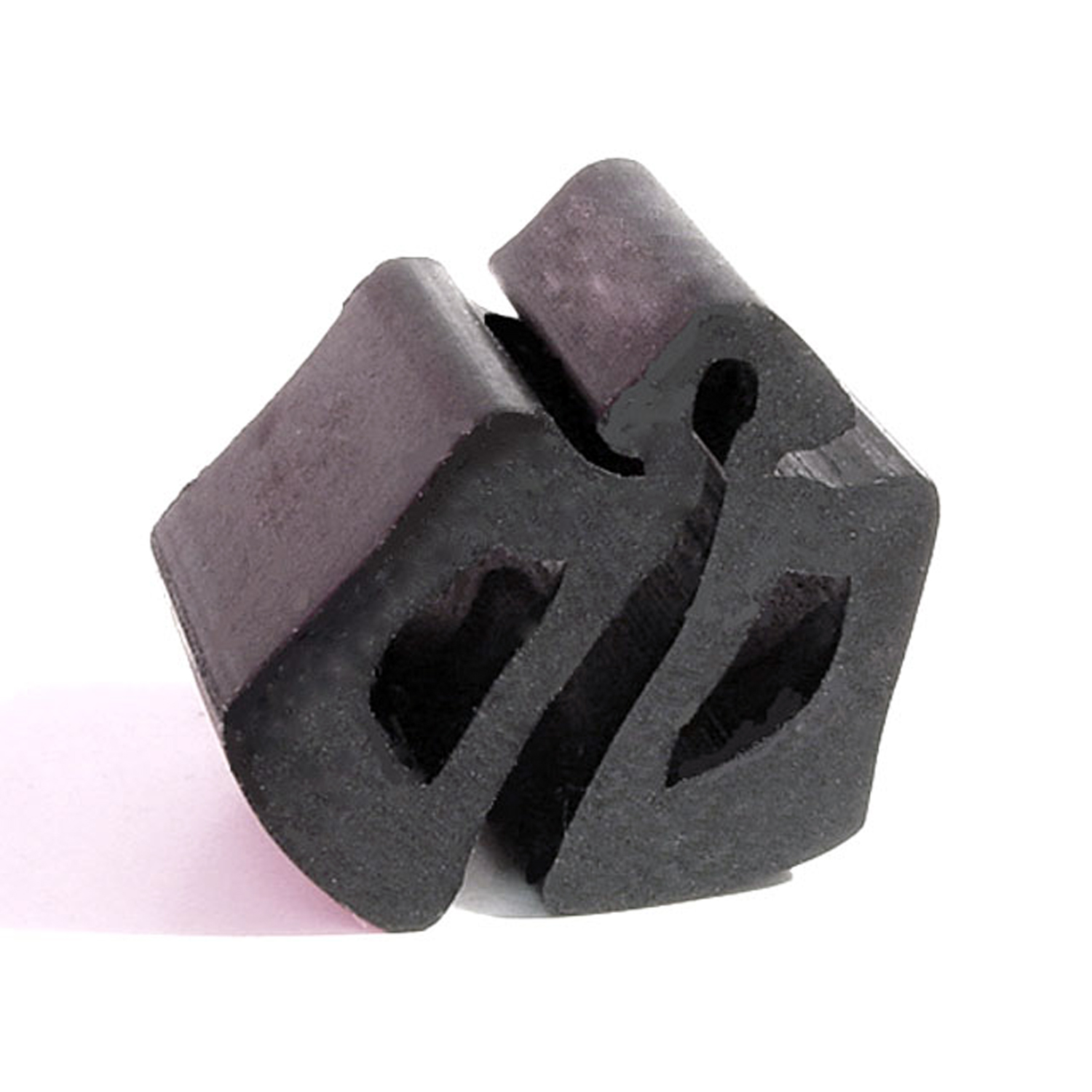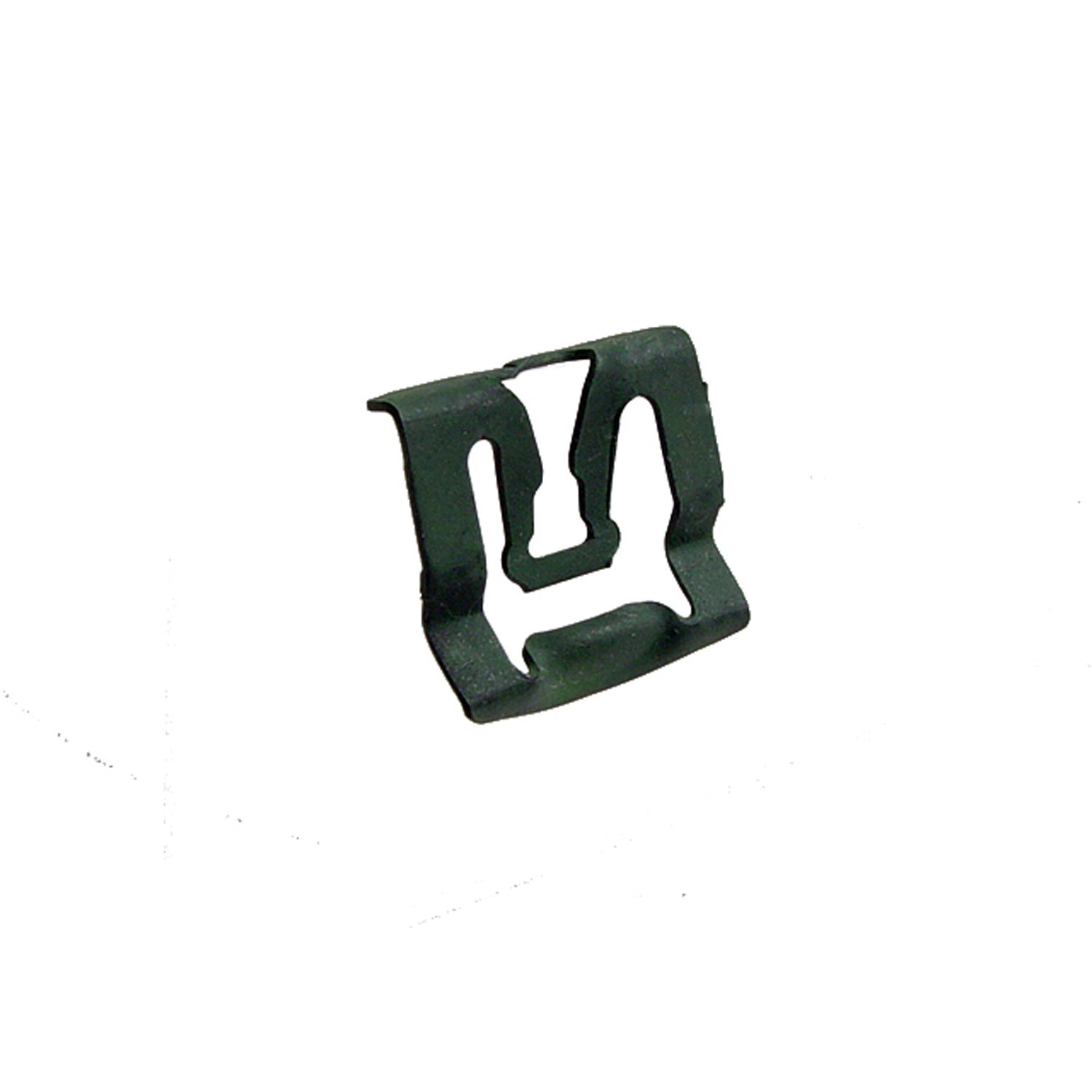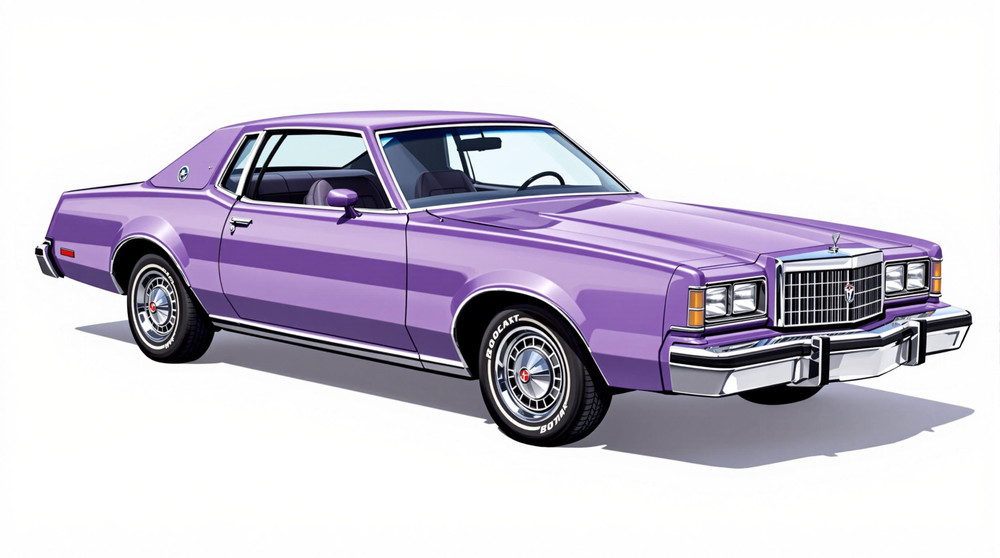Image of 1978 Mercury Bobcat, Note: These illustrations use artistic license and may differ from actual historical models.
Performance Metrics
Fundamental Metrics
Emotional Appeal
MMP Rating
| Engine Specifications | |
|---|---|
| Engine Options: | 2.3L I4, 2.8L V6 |
| Displacement Range: | 140-171 cu in. |
| Horsepower Range: | 88-105 hp |
| Torque: | 120-140 lb-ft |
| Compression Ratio: | 8.2:1 (I4), 8.7:1 (V6) |
| Ignition System: | Electronic |
| Cooling System: | Liquid-cooled |
| Performance Specifications | |
| 0-60 Time: | 11-13 seconds |
| 1/4 Mile Time: | 18-20 seconds |
| Top Speed: | 100 mph |
| Transmission and Drive | |
| Drive Type: | RWD |
| Transmission Type: | 4-speed manual, 3-speed automatic |
| Fuel and Efficiency | |
| Fuel System Type: | Carburetor |
| MPG: | 20-25 mpg |
| Dimensions and Brakes | |
| Brakes: | Front disc, rear drum |
| Wheelbase: | 94.2 in. |
| Weight: | 2,600-2,800 lbs |
Note: Specifications for classic cars are given to the best of our ability, considering the limited and variant data available.
Unveiling the Underdog: The 1978 Mercury Bobcat
The 1978 Mercury Bobcat might not be the first classic car that comes to mind, yet it holds a unique place in automotive history. As a sibling to the Ford Pinto, this compact car emerged from the stables of Mercury, a division of Ford Motor Company, designed to meet the demands of an oil-conscious era. The Bobcat was introduced at a time when consumers were shifting their focus towards fuel efficiency and affordability in response to the fuel crises of the 1970s. A notable moment for the Bobcat was its feature in the television series "Charlie's Angels," which helped cement its place in pop culture.
Design and Innovation
The 1978 Mercury Bobcat sported a utilitarian yet charming exterior, with round headlights that gave it a friendly face and a compact body that made it ideal for city driving. Inside, occupants were greeted with a no-frills interior that prioritized function over luxury. Materials were typical of economy cars of the time, durable but not particularly lavish. Technologically, it offered what was expected from an entry-level car, with innovations aimed at efficiency rather than performance. Color options ranged from subdued earth tones to more vibrant hues, reflecting the era's palette. The most popular choices often included bright yellows and reds that stood out in any driveway. Body styles varied from two-door sedans to three-door hatchbacks and even a wagon variant, with the hatchback being particularly popular for its blend of practicality and style.
Historical Significance
The Mercury Bobcat's impact on automotive design was subtle but significant. It demonstrated that American manufacturers could produce small cars capable of competing with foreign imports that dominated the compact market at the time. Its straightforward design philosophy influenced future generations of compact cars by showing that simplicity could be both desirable and effective.
Performance and Handling
Performance-wise, the '78 Bobcat wasn't going to set any speed records; its top speed and acceleration were modest by today's standards. However, for its era and class, it provided adequate performance for everyday commuting. Handling was generally considered nimble for its size, capable of managing city corners and parking spots with ease. Drivers often noted the engine's distinctive hum and the direct feedback from the road through the steering wheel, contributing to an engaging driving experience for an economy car.
Ownership Experience
The Mercury Bobcat served as a daily driver for many, prized for its practicality and fuel efficiency. Maintenance was relatively straightforward, making it accessible for owners who preferred to handle repairs themselves. While reliability was generally in line with other vehicles of its class and time, some components were known to require more frequent attention.
Fun Facts
A lesser-known fact about the Bobcat is that it had a twin in Canada called the Ford Bobcat. Although celebrity ownerships were not as common as with more prestigious vehicles, its everyman appeal meant it found its way into many American driveways. Criticisms often focused on performance limitations and safety concerns that were characteristic of many vehicles from this period.
Collector's Information
Today, finding a 1978 Mercury Bobcat in pristine condition can be quite a challenge; estimates suggest that only a fraction of these vehicles have survived into the 21st century. As such, their value can vary significantly based on condition and originality. A well-preserved Bobcat might fetch anywhere from $5,000 to $10,000 or more on today's market, depending on various factors including rarity and historical significance. Price trends suggest that while they are not among the most coveted collectibles, interest in economy cars from this era is growing as enthusiasts seek out unique pieces of automotive history.
Conclusion
The 1978 Mercury Bobcat stands as a testament to an era when compact size and fuel efficiency began to take precedence in American car design. While it may not have enjoyed the fame or prestige of some classic cars, its role in shaping consumer expectations cannot be understated. For those who appreciate unsung heroes of automotive history or seek a nostalgic trip back to simpler times on four wheels, the Bobcat remains an endearing choice.
1978 Mercury Bobcat Catalog of Parts
 1978 Mercury Bobcat Hood Bumper. Each-HF 2Hood Bumper. Each
1978 Mercury Bobcat Hood Bumper. Each-HF 2Hood Bumper. Each 1978 Mercury Bobcat Windshield Reveal Molding Clip. Made of steel. Each-WF 228-AWindshield Reveal Molding Clip. Made of steel. Each
1978 Mercury Bobcat Windshield Reveal Molding Clip. Made of steel. Each-WF 228-AWindshield Reveal Molding Clip. Made of steel. EachWhy Choose Metro?
For over 100 years, Metro Moulded Parts has been the pinnacle of quality in classic car restoration parts. Our commitment to precision and authenticity in every component ensures a perfect fit and an OEM-level appearance.
- Expert Craftsmanship & Quality: Each part is a testament to our dedication to reliability and perfection, crafted from original designs and thoroughly tested.
- Advanced Technology: We use cutting-edge techniques to create flawless, long-lasting parts that surpass others in performance.
- SuperSoft Sponge – The Ultimate Door Seal: Not only are our door seals 30% softer than competitors', but they're also guaranteed to never leak. They effectively reduce wind and road noise, enhancing your classic car's comfort and driving experience.
- Proudly American: Our parts are a product of American craftsmanship, made in the USA with a spirit of excellence and heritage.
- Unrivaled Warranty: We back our products with a 30-year industry-leading warranty, a testament to our confidence in their quality.
Join us in preserving the legacy of classic cars with parts that are crafted for perfection, not just made.

